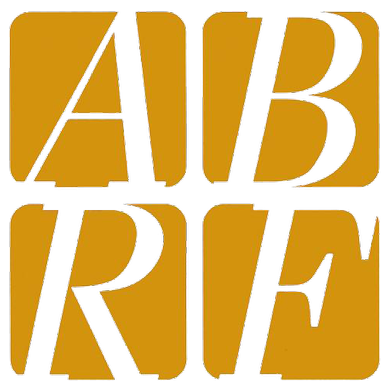Tips and Tricks for PTM Analysis:
Analysis of protein post-translational modification (PTM) is critical to the understanding of cell signaling and disease. These modifications are typically carefully regulated through enzymatic control, and aberrant PTMs are often associated with disease states, but protein PTMs cannot be studied through genomic methods, making their identification and quantification key aims of many proteomics studies.
Global proteomic-scale analysis of PTMs is made challenging by their low abundance, chemical properties, and/or instability. This session will provide an introduction to several classes of PTMs, including the commonly studied phosphorylation and glycosylation as well as less frequently identified modifications such as citrullination and protein myristoylation. The chemical structure and biological significance of each PTM, current methods for enrichment of modified proteins or peptides from a complex mixture, tips for effective LCMS/MS of peptides containing the PTM, and any pitfalls to watch out for in sample preparation or analysis will be described.
This session will also describe tools emerging from the NIH Common Fund Glycoscience program and explain how resource facilities can access those tools and bring them in-house. Analytical technologies to be described include: high throughput permethylation of glycopeptides for site mapping and glycan analysis, isotope-targeted glycoproteomics (www.IsoStamp.org); facile methods to ultra-purify glycans; software tools for building 3D models of glycoproteins and predicting the 3D structure of glycans (https://dev.glycam.org/); a wide range of highly versatile glycan affinity reagents, including sialoglycan-recognizing probes; and new photo-crosslinking probes for discovery of the interaction partners of O-GlcNAc modified proteins. Glycoinformatics tools and methods are being developed in a community-based effort involving 10 teams in 5 countries (http://www.glygen.org/).

